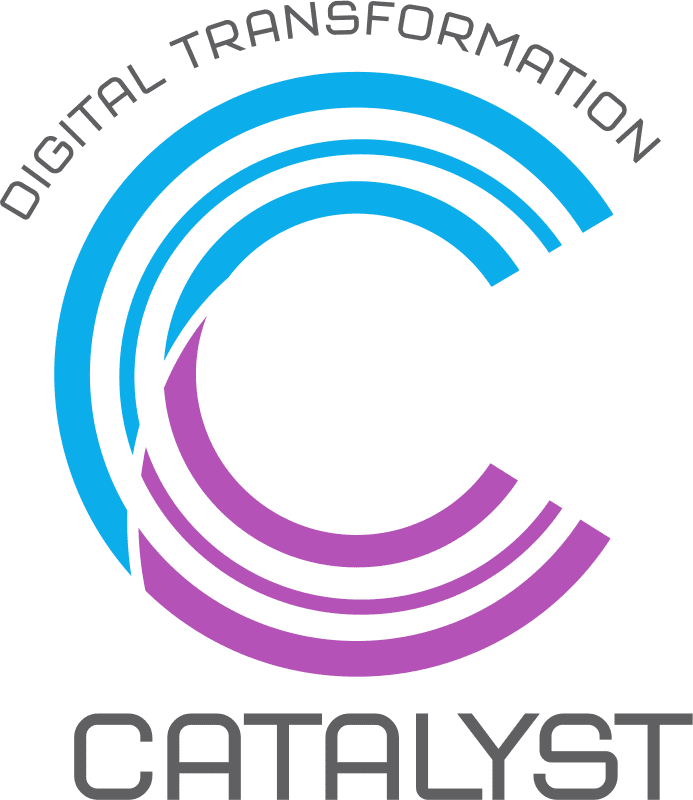Transform your business, Empower your future: Digital Transformation
At Digital Transformation Catalyst, we take this broad definition and tailor it to each client's specific strategic goals and plans because digital transformation is never a one-size-fits-all process. When combined with appropriate cultural and organizational changes, digital transformation can become a reality rather than just a trendy term.
Driving Digital Transformation with Microsoft Technologies: Achieve More with Less
Driving Digital Transformation With Microsoft Technologies: Achieve More With Less


Maximize the Impact of Your Data with Microsoft Technologies
Achieving 360-degree views across all operations with Microsoft Technologies


Enhancing the Client, Employee and Vendor Experience with Microsoft Technologies
Opening New Sources of Revenue with Microsoft Technologies

Empowering People To Achieve More With Innovative Technology

Vision and Strategy

Culture

Unique Potential

Capabilities
Popular Questions
some information for inspiration? We will discuss strategies!
A digital transformation strategy is a comprehensive plan that outlines how an organization will integrate digital technology into all aspects of its operations and processes to improve its overall performance and achieve its business goals.
Implementing a digital transformation strategy can lead to several benefits for a business, including improved efficiency, increased productivity, enhanced customer experience, better decision-making, and increased competitiveness in the marketplace.
The four main areas of focus in a digital transformation strategy are people, processes, technology, and data. These areas are interdependent and need to be aligned to achieve a successful digital transformation.
Organizations may face various challenges during digital transformation, including resistance to change, lack of digital skills and expertise, budget constraints, cybersecurity risks, data privacy concerns, and the need for cultural and organizational change.
Developing an effective digital transformation strategy involves several steps, including identifying business goals and challenges, assessing the organization’s current digital maturity level, developing a roadmap for implementation, aligning technology and business strategies, and continuously monitoring and adapting the strategy as needed. Working with a knowledgeable and experienced digital transformation partner can also help organizations develop a successful strategy.


12+ years of extensive experience

23+ successful case studies
Book a free Consultation
Success Stories
More articles from resource
Choosing the Right IT Support Company for Your Business
IT Support Services Functioning
Today, the technology works like a backbone for all operations across different IT industries. You need to know that businesses depend entirely on IT infrastructure to streamline the process and improve communication while providing perfect customer experiences. But it is tough for you to maintain and manage the challenging technology landscape, and that’s where you need to connect with experts offering IT support services. This guide teaches you everything about IT support services and how they work.
IT Sourcing & Cloud Computing
The information technology landscape is undergoing many changes in the ever-changing business world. One of the most important trends you should know about is outsourcing and cloud computing. As you look forward to getting innovative solutions to meet your technological needs, the future of IT outsourcing and cloud computing holds great promise. You can learn everything about IT outsourcing and cloud computing in this guide.

